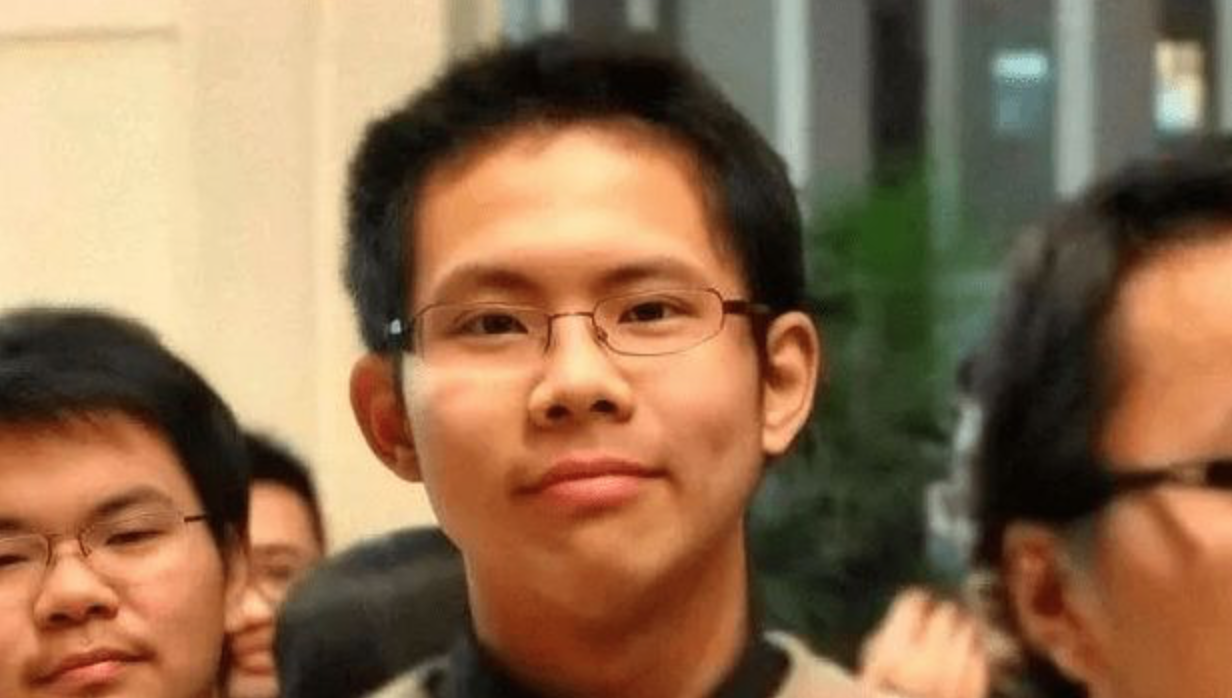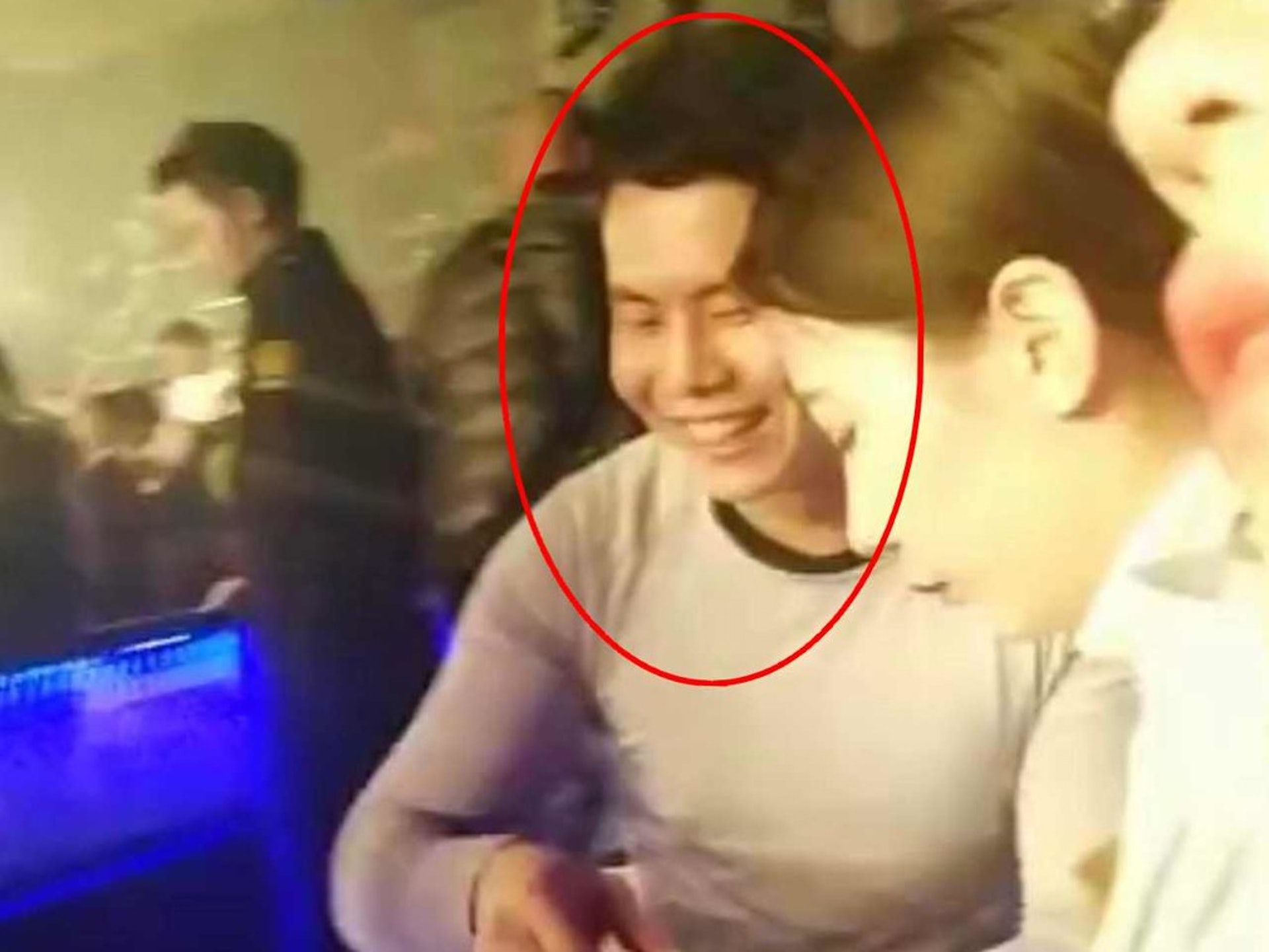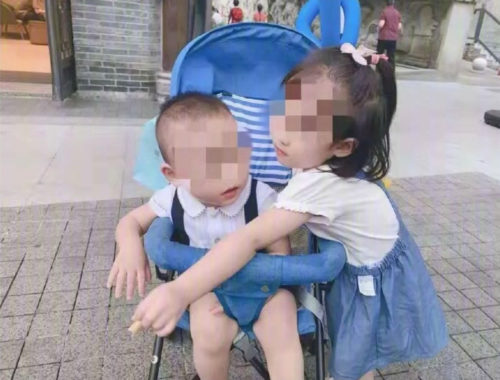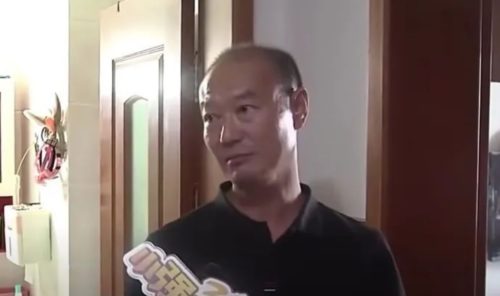He was a model son with a promising future — until he killed his mother and disappeared
Wu Xieyu was a smart, popular student at China’s equivalent to Harvard, whose social media accounts showed a promising young man who loved his mother. But now he has been sentenced to death for brutally killing her with a dumbbell.

From the outside looking in, Wú Xièyǔ 吴谢宇 seemed like the perfect son that many Chinese parents would love to have. Wu was an exceptional student earning straight As and multiple scholarships at Peking University, which is perhaps the most prestigious university in China.
His social media feed was an endless stream of academic articles, occasionally interrupted by heartfelt posts showing his appreciation for his mother. “I love you, Mom,” he once wrote.
That was eight years ago.
Now his mother is dead. And in a revelation that has shocked and riveted the Chinese public, Wu has confessed to her murder, along with other crimes he committed later, while on the run.
“I wanted to liberate her”
According to a verdict (in Chinese) published last week by the Fuzhou Municipal Intermediate People’s Court, Wu, 27, has been sentenced to death for killing his mother in 2015 by striking her over the head with a dumbbell at their home in the southeastern city of Fuzhou, Fujian Province. In the roughly three weeks following the murder, Wu, a 21-year-old college student at the time, stayed at a hotel nearby — all the while seeking to cover up the killing by cleaning up the crime scene and plotting his disappearance.
China news, weekly.
Sign up for The China Project’s weekly newsletter, our free roundup of the most important China stories.
The court document revealed that in order to delay the discovery of his crime, Wu wrapped his mother’s body in 75 layers of bed sheets and plastic wrap. He used a large amount of activated charcoal to reduce the smell of the decomposing body.
He was also convicted of scamming his relatives out of nearly 1.4 million yuan ($216,500) by lying about moving abroad with his mother and fabricating more than 10 identities before being caught in 2019 — a year after his mother’s body was found, and he became the prime suspect.
In explaining its decision, the court described Wu’s killing as a “serious violation of family ethics,” one that had “trampled on normal human emotions” and made “an extremely bad impact” on society. “Wu exhibited a high degree of malice and cruelty,” the court said.

Since his arrest, Wu has never denied his guilt. At his trial in December, Wu expressed remorse for his actions and repeatedly proclaimed his love for his mother. “I’ve known that my mom is the best mom in this world since I was little,” he said at one point while making a plea for forgiveness. But he soothed his guilty conscience with self-justification: He claimed to have “liberated” his mother from the pain caused by his father’s death.
“I couldn’t think of a better method. I wouldn’t have chosen this path if I had better options,” The Paper quoted Wu as telling the court (in Chinese). “At the time, I thought this was the most noble way.” He added that he was able to read people’s minds and believed that his mother had wanted to die ever since his father passed away in 2010 from liver cancer. “A family without my dad was not a complete family,” he said, arguing that the murder was his way to end his mother’s grief and fulfill her wish to “break free.”
A “polite” devil hidden in plain sight
Not even Wu’s closest friends would have predicted that he could carry out such a cold-blooded murder. For most of his life, Wu was the epitome of everything his peers wanted to be. In an interview (in Chinese) with Sanlian Life Weekly, one of Wu’s high school classmates described him as a “nearly perfect teenager” with excellent grades and lots of love for people around him.
While studying at Peking University, Wu also had a reputation for being highly driven in his pursuit of academic success. “What I saw in his eyes was the look of a scientist. He was not a fan of goalless communication. He expected every conversation to lead to some solutions,” said a test prep tutor hired by Wu in 2013 when he was studying for the Graduate Record Examinations, the standardized test required for admission to many graduate programs in the U.S.
“Sometimes he was so results-oriented that he was unable to comprehend the feelings of an average person. Of course, most at Peking University are like this,” the tutor said.

Even after the murder, few things about Wu changed, except his fake identity. In Chongqing, Wu took up a part-time teaching job at a local tutoring school while working as a liquor brand promoter at night. In the eyes of a former colleague at a bar, Wu was a “polite” person with a radiant smile and a burst of happy energy. It was only after the news of Wu’s arrest was publicized that his acquaintances in Chongqing discovered his “dark side.”
Mental health: Should Peking University have intervened?
The case has unsettled the psyche of the Chinese masses since Wu was captured by police at the Chongqing airport in April 2019. For Chinese people, home is synonymous with sanctuary, and filial piety — the moral principle of obedience, devotion, and care toward one’s parents, a centuries-old value influenced by Confucian ideologies and reinforced in recent years by the party-state — still remains one of the most important moral tenets in modern Chinese society.
Seeing Wu’s behavior as the exact opposite of filial piety, Chinese internet users have reacted with bafflement and outrage to every development of the case. News of Wu’s death penalty was generally greeted favorably online. “The act of a son killing his loving mother is not just a criminal offense. It’s an offense against humanity. Wu should be deprived of the right to appeal because he committed the most heinous crime one could possibly imagine!” a Weibo user wrote.
Meanwhile, some commenters raised eyebrows at one detail mentioned in several profiles of Wu published in the media: During his third year at Peking University, Wu revealed to several close friends that he had been having suicidal thoughts. Then he stopped showing up for classes. The sudden change in his behavior, as some internet users pointed out, should have attracted attention from the school, which is supposed to play a vital role in providing or connecting students to mental health services. “The tragedy could have been prevented if the university had intervened and offered prompt help. What a missed opportunity,” one person remarked (in Chinese).





